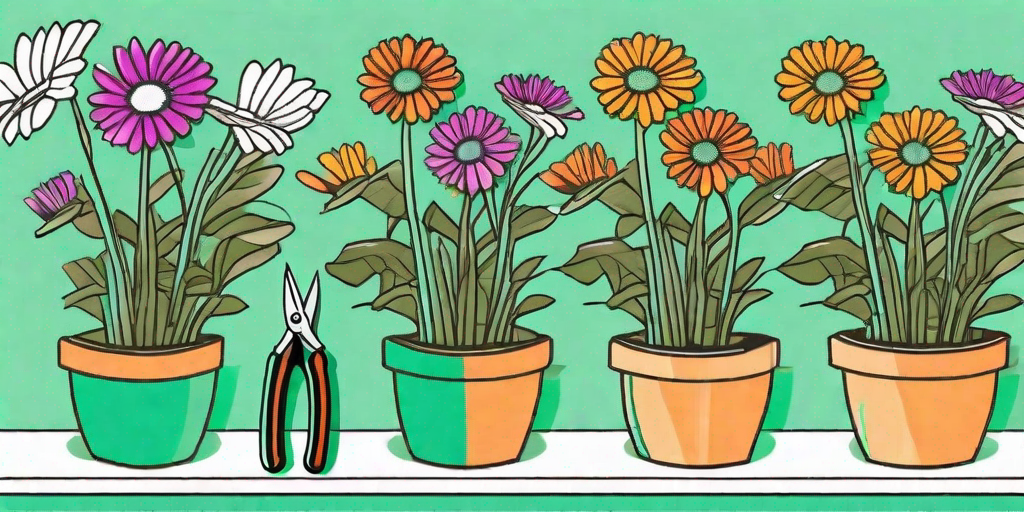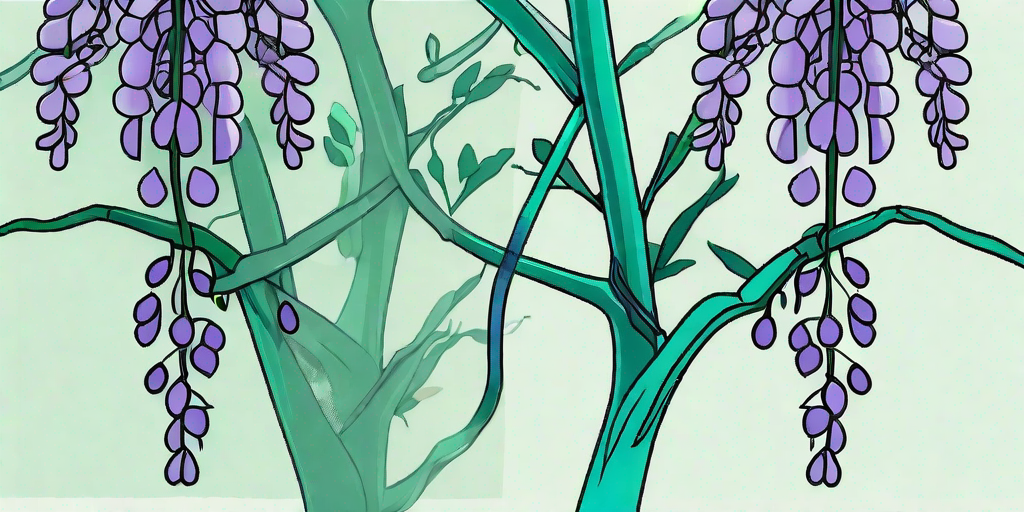
Hostas, those leafy green darlings of the shade garden, are a gardener's best friend. They're hardy, they're versatile, and they're pretty darn good-looking. But even the best of friends need a little TLC now and then, and your hostas are no exception. The secret to their lush, healthy growth? It's all in the fertilizer, my green-thumbed friends. So, buckle up and get ready for a deep dive into the world of hosta nutrition.
Understanding Hosta Nutrition
Before we start tossing around bags of fertilizer willy-nilly, let's take a moment to understand what we're dealing with. Hostas, like all plants, need a balanced diet to thrive. But what does that mean, exactly? Well, just like you wouldn't survive on a diet of potato chips alone (tempting as that may be), your hostas need a mix of different nutrients to stay healthy.
The three main nutrients that plants need are nitrogen (N), phosphorus (P), and potassium (K). These are often referred to as the N-P-K ratio, and you'll see them listed on any bag of fertilizer. Nitrogen helps with leaf growth, phosphorus is great for roots and flowers, and potassium aids in overall plant health. But don't forget about the minor nutrients, like calcium, magnesium, and iron. They're the unsung heroes of the plant nutrition world.
The Ideal N-P-K Ratio for Hostas
So, what's the ideal N-P-K ratio for hostas? Well, that's a bit like asking for the perfect recipe for chocolate chip cookies. Everyone has their own opinion, and a lot depends on your specific soil conditions. However, a good general rule of thumb is to look for a balanced fertilizer with an N-P-K ratio of around 10-10-10.
But remember, it's not just about the numbers. Quality matters too. Look for a slow-release fertilizer that will feed your hostas over time, rather than giving them a quick hit of nutrients that can wash away with the next rain.
Choosing the Best Fertilizer for Your Hostas
Now that we've got the basics down, let's talk about choosing the right fertilizer for your hostas. With so many options on the market, it can feel a bit like trying to pick the winning lottery numbers. But don't worry, we've got some tips to help you make an informed choice.
First, consider your soil. If it's rich in organic matter, you might not need a heavy-duty fertilizer. A light application of compost might be enough to keep your hostas happy. On the other hand, if your soil is sandy or clayey, you might need to bring in the big guns. A granular, slow-release fertilizer can work wonders in these conditions.
Organic vs. Synthetic Fertilizers
Another decision you'll need to make is whether to go organic or synthetic. Organic fertilizers, like compost and manure, are great for improving soil structure and promoting beneficial soil microbes. They're also less likely to burn your plants if you apply too much. However, they tend to be slower acting and less concentrated than synthetic fertilizers.
Synthetic fertilizers, on the other hand, offer a quick and potent dose of nutrients. They're easy to apply and can be tailored to provide exactly the nutrients your plants need. However, they can also be harsh on the environment and can lead to nutrient runoff if not used carefully.
Applying Fertilizer to Your Hostas
Alright, you've chosen your fertilizer. Now what? Well, it's time to roll up your sleeves and get to work. Applying fertilizer to your hostas is a bit like serving dinner. You want to give them just the right amount, at just the right time.
Most hostas benefit from a spring feeding, just as they're starting to break dormancy. This gives them a boost of energy to start the growing season. A second feeding in early summer can help sustain them through the hot months. But be careful not to overdo it. Too much fertilizer can lead to lush, but weak, growth that's more susceptible to pests and diseases.
How to Apply Fertilizer
When it comes to applying fertilizer, think of it as a gentle shower, not a downpour. Sprinkle the fertilizer evenly around the base of the plant, avoiding the leaves. Then water it in well to help the nutrients soak into the soil. Remember, it's better to under-fertilize than over-fertilize. You can always add more later if your hostas seem to need a boost.
Frequently Asked Questions
Can I use coffee grounds as a fertilizer for my hostas?
Yes, coffee grounds can be a great source of nitrogen for your hostas. However, they should be used as a supplement to a balanced fertilizer, not a replacement. And be sure to compost them first to avoid any potential issues with mold or pests.
What if my hostas are yellowing despite regular fertilization?
Yellowing leaves can be a sign of over-fertilization, especially if the yellowing starts at the tips and edges of the leaves. It can also be a sign of water stress or a disease. If you're unsure, it's always a good idea to consult with a local extension service or a knowledgeable nursery staff member.
Can I use a general-purpose fertilizer on my hostas?
Yes, a general-purpose fertilizer with a balanced N-P-K ratio can work well for hostas. Just be sure to follow the package instructions to avoid over-fertilization.
Conclusion
Feeding your hostas with the best fertilizer isn't rocket science, but it does require a bit of knowledge and attention. By understanding your plants' nutritional needs and choosing the right fertilizer, you can ensure that your hostas stay lush and healthy all season long. So go forth, my fellow gardeners, and may your hostas be the envy of the neighborhood!















